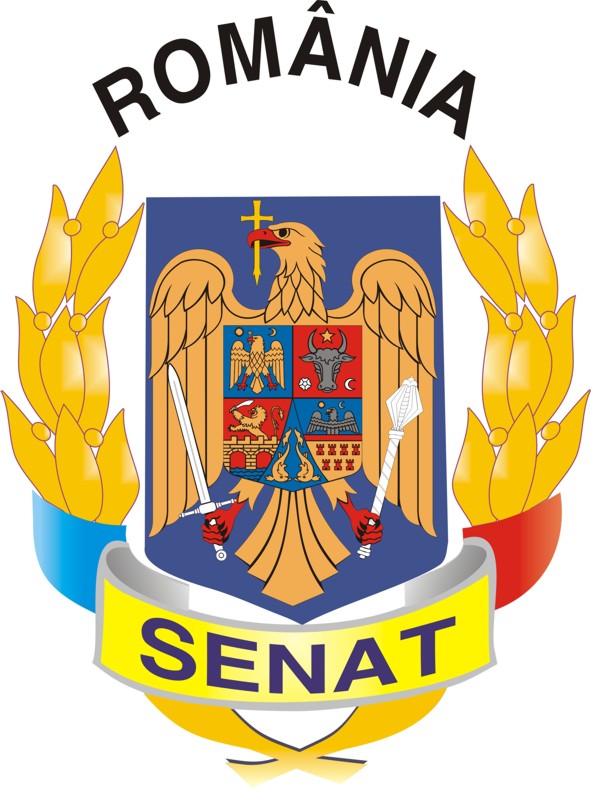Georgeland Senate
The Georgeland Senate is the upper house of the Parliament of Georgeland. While government is formed in the House of Commons, the Senate plays an important role in scrutinizing legislation, and all bills must pass through the Senate to become law. Although legislation can be introduced into either chamber (barring appropriations), most legislation is tabled first in the House of Commons. The Constitution of Georgeland allocates each of its original states equal membership, but provides for the Parliament itself to decide how many Senators those states have, as well as the provisions for new states. Currently each of the remaining individual states and the two Mainland states recieves 12 senators, while there are six for Delmago Island (which became a state in 1958) and two for the Federal District (which is not a state). The Senate has 80 members, all of which are directly elected for a six-year term.
Unti 2005, each state was responsible for the method in which its senators were elected. This created significant problems, as some states used proportional representation and others did not, meaning the numbers in the senate could be vastly different to those in the Commons. Following constitutional reforms, all Senators are now elected
via the Single Alternative Vote method, in which candidates or group tickets are ranked by voters, and preferences used to determine quotas.
All Senators serve a term of six years, beginning on January 1. Each state elects one-half of its Senators every three years; usually, but not always, in conjunction with a general election. Prior to 2004, Senators served eight-year terms. The cycle of elections between the House and Senate has been disrupted several times, and elections for one house only have not been uncommon.
On rare occasions (the last in 2007), both Houses can be dissolved (a double dissolution) and all Senate seats are up for election.
The Senate draws many of its traditions and functions from the British House of Lords, though it is an entirely elected body. Following the Westminster system of government, the Senate does not determine the government - to govern, a party or coalition must control the House of Commons but need not control the Senate. Furthermore, while the two houses have theoretically equal power, appropriation bills may not originate in the Senate and it has no power to reject them, though it may delay them or amend them.
Senator numbers
In 1891, when the Senate first met, it consisted of eight Senators from each of the five states, for a total of 40 members. In 1942, this number was increased to 50, with ten senators from each state. In 1958, in order to increase the number of Senators and thus his own chances of winning senate control, Prime Minister Nathan Keegan granted statehood to the small island of Delmago Island, though due to its small size it was granted only five Senators. This has been regarded for years as unfair on Delmago Island and has led to some calls for reform. In 1970, the Federal District was granted two Senators, bringing the total to 57. In 2000, when the state of Mainland subdivided into East Mainland and West Mainland, each of the new states was given ten senators, making the total 67. And finally, in 2005, the number of Senators was increased to 80 following constitutional reforms - 12 from each of the six large states, six from Delmago Island and two from the Federal District.
